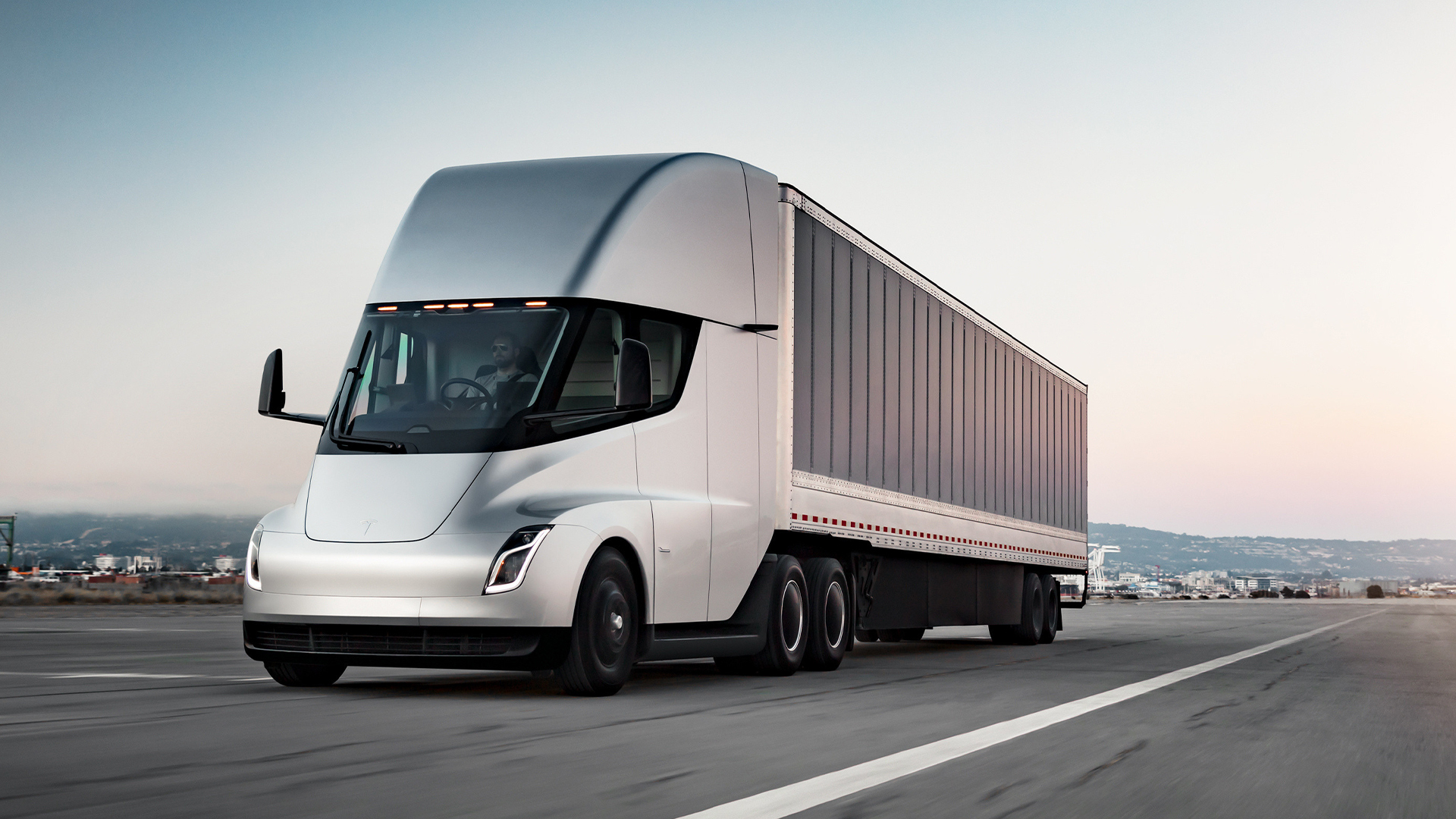

Americans’ cumulative interest in electric cars is only growing. Many shoppers aren’t interested in EVs for environmental reasons, but to offset the elevated cost of fuel and lower maintenance costs over the lifespan of the vehicle. This renewed interest in battery-powered vehicles has caught the eyes of U.S. lawmakers in the past, but nothing has been passed to revise the broken EV tax credit system.
Lawmakers took another stab at the EV tax credit this week by announcing the penning of a potential deal called the “Inflation Reduction Act of 2022.” While most Americans are hyper-focused on the bill’s promise to move the EV tax credit to a proper at-the-time-of-purchase incentive, there are certain provisions within that also incentivize commercial EV buyers with promises of incentives up to $40,000 if buying certain battery-powered vehicles.

The text of the bill calls to split qualified commercial vehicles into two categories: vehicles heavier than 14,000 pounds and vehicles lighter than 14,000 pounds. The latter would retain eligibility for the standard $7,500 at-purchase tax credit, while any vehicle that meets or exceeds the 14,000-pound limit would be eligible for up to the full $40,000.
It then further breaks down a vehicle’s eligibility based on how much it relies on battery power.
Battery-electric commercial vehicles are eligible for the full $40,000, so as long as it doesn’t exceed 30 percent of the purchase price. That means any vehicle costing more than $133,333 would be capped at a $40,000 incentive, and any vehicle less than that price would receive an incentive of 30 percent of the purchase price (for example, a $100,000 truck would receive $30,000 in incentives). Commercial vehicles that are partially electrified, such as plug-in hybrids, are limited to 15 percent of the purchase price, meaning that the vehicle must cost more than $266,666 to receive a $40,000 incentive. Hybrid vehicles must be driven “to a significant extent” by an electric motor, must be equipped with a battery of at least 15 kilowatt-hours, and must also support being recharged by an external source of energy (eg: a plug-in hybrid) to qualify for the proposed incentives.
Tesla expects its 300-mile range Semi to start at $150,000 and its 500-mile version to cost $180,000. The incentives would bring this cost down by as much as 27%—to $110,000 and $140,000, respectively. Tesla won’t be the only commercial automaker that benefits from the tax incentive. Buyers of electric trucks from Volvo, Daimler, Nikola, and a number of other companies bringing battery power to commercial trucks will also reap the rewards.

Smaller commercial vehicles may see the biggest benefit. Last-mile delivery fleet vehicles will likely benefit from this measure, especially companies like Amazon, which is in the process of rolling out around 100,000 Rivian EDVs. Should Amazon’s purchases be eligible for the $7,500 incentive, it would mean a taxpayer-funded stipend of $750 million or more, depending on which version of the EDV is rolled out (the EDV 700 has a gross vehicle weight rating of 14,000 pounds, which makes it eligible for the higher $40,000 incentive).
There are a few other caveats that define what commercial vehicles are eligible. The vehicles must be designed to be used on public roads and they also must be used by the business without the intention to be resold as a profit generator—sorry dealerships, no flipping for profit here.
Whether or not the bill passes is another story. The U.S. has had similar calls for action in the past with no final resolution for consumers. If it does pass, however, this could prove to be the tipping point not just for consumer adoption, but also for a commercial shift toward electrification. Meanwhile, EV charging companies and states will need to consider working rapidly to deploy reliable charging infrastructure to avoid a surge in EVs causing charging headaches in the short term.
Got a tip or question for the author? Contact them directly: rob@thedrive.com